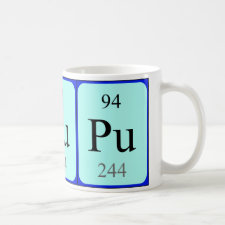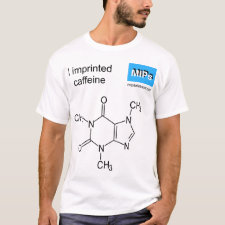
Authors: Luo XB, Dong RZ, Luo SL, Zhan YC, Tu XM, Yang LX
Article Title: Preparation of water-compatible molecularly imprinted polymers for caffeine with a novel ionic liquid as a functional monomer.
Publication date: 2013
Journal: Journal of Applied Polymer Science
Volume: 127
Issue: (4)
Page numbers: 2884-2890.
DOI: 10.1002/app.36792
Abstract: Water-compatible molecularly imprinted polymers (MIPs) for caffeine were synthesized in aqueous medium with a new functional monomer, 1-(α-methyl acrylate)-3-methylimidazolium bromide (1-MA-3MI-Br), which had π - π and hydrogen-bonding interactions. Caffeine-imprinted polymers were prepared in suspension polymerization with 1-MA-3MI-Br and methacrylic acid (MAA), which only had hydrogen bonding, as a functional monomer. For the specific binding characteristics of the new functional monomer 1-MA-3MI-Br, the adsorption capacity and relative separation factor (β) of MIPs for caffeine were significantly enhanced. The maximum adsorption capacities of 1-MA-3MI-Br-MIP and MAA-MIP imprinted microspheres for caffeine were 53.80 and 28.90 μmol/g, respectively. Moreover, the relative separation factors were measured by comparison of the separation characteristics under competitive adsorption conditions. The results showed that the β of MAA-MIP for caffeine relative to theophylline was only 1.65; this showed a very poor recognition selectivity for caffeine, but β of 1-MA-3MI-Br-MIP for caffeine with respect to theophylline was remarkably enhanced to 3.19; this showed an excellent recognition selectivity and binding affinity toward caffeine molecules in an aqueous environment. © 2012 Wiley Periodicals, Inc. J. Appl. Polym. Sci., 2013
Template and target information: caffeine
Author keywords: molecular imprinting, monomers, separation of polymers



Join the Society for Molecular Imprinting

New items RSS feed
Sign-up for e-mail updates:
Choose between receiving an occasional newsletter or more frequent e-mail alerts.
Click here to go to the sign-up page.
Is your name elemental or peptidic? Enter your name and find out by clicking either of the buttons below!
Other products you may like:
 MIPdatabase
MIPdatabase









